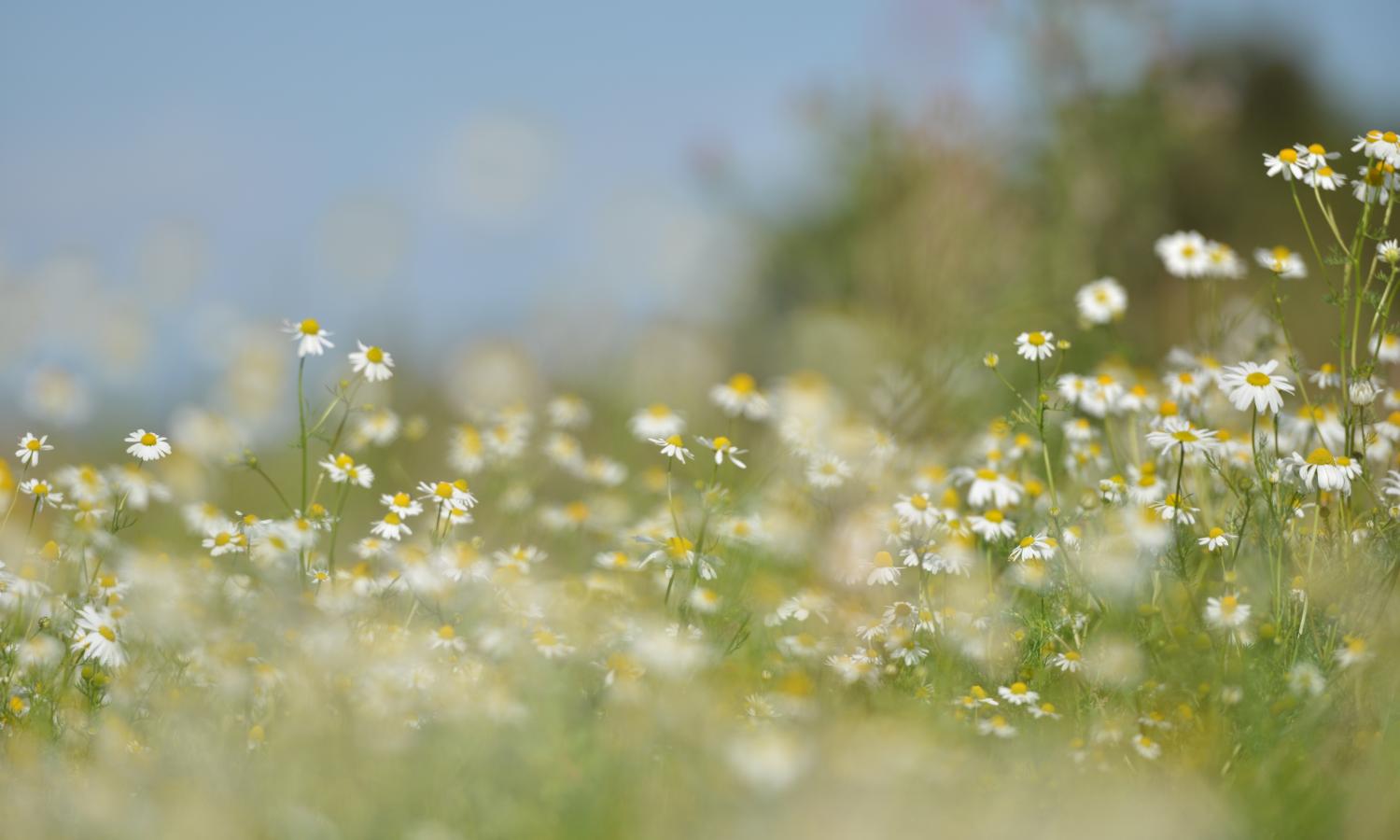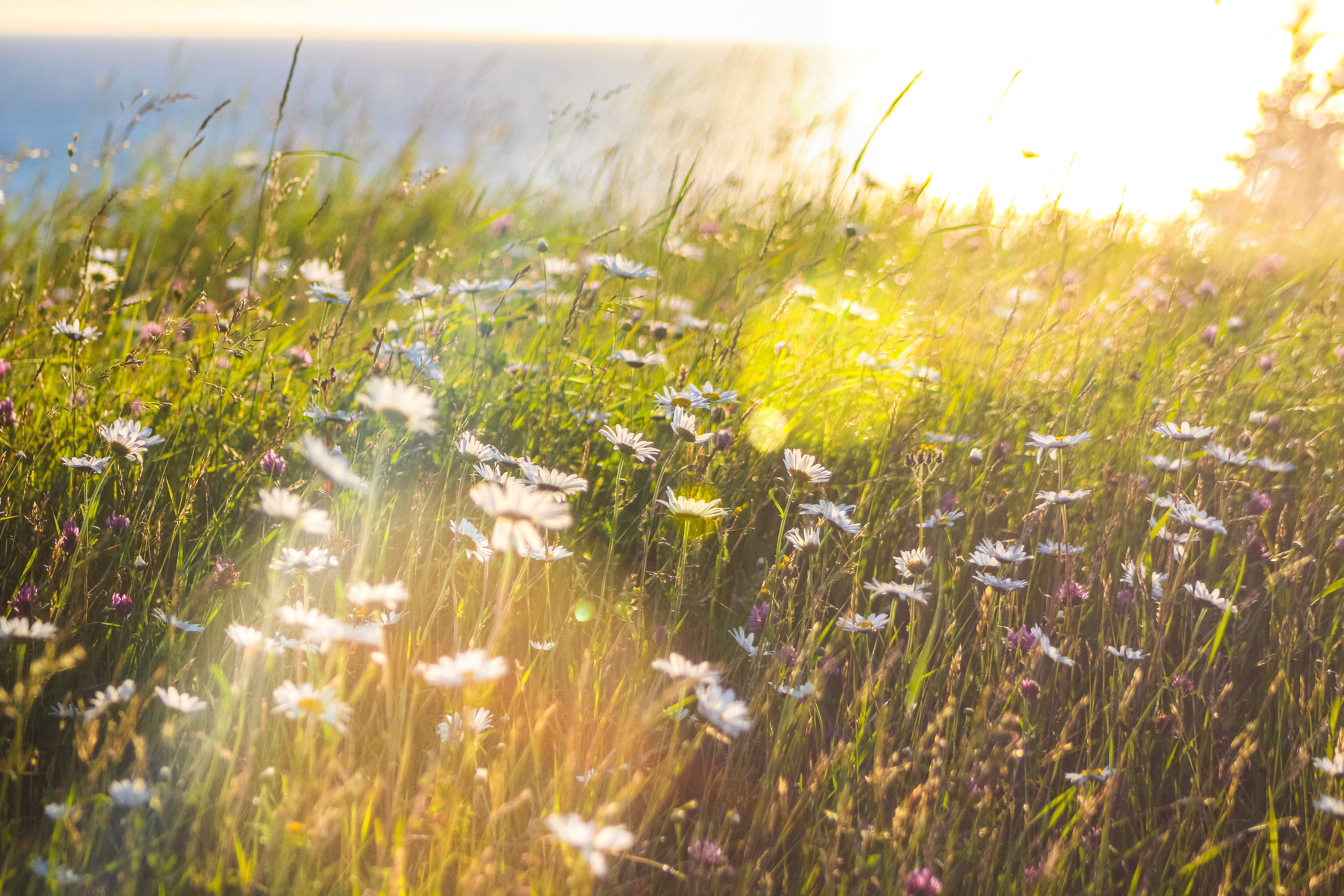Butterfly Conservation is sad to hear of the recent death of John Randall. John was key member of Devon Branch and former ‘BC Volunteer of the Year’.
He devoted much of his life to saving butterflies, moths and other wildlife. His friend Peter Hurst from the Branch explains the great contribution John made to conservation over the decades.
John Randall 1947 – 2014
For those who knew John, it was with great sadness to hear the news of his sudden death at his home in St Budeaux, Plymouth, Devon, on April 23.
As a member of Butterfly Conservation John was a keen attendee at field meetings for a number of years before finally being persuaded to join the committee of Devon Branch in 2002. He soon became the undisputed most-active committee member. In 2003 he became Events Officer for the Branch and soon after Regional Action Plan Co-ordinator. In 2004 he organised a full county survey for Pearl-bordered Fritillary, followed in ensuing years by county surveys for other fritillaries of conservation concern, and he surveyed an enormous number of sites himself. His annual surveys for High Brown Fritillary were of national importance as the Devon colonies represent one of only two British strongholds. He also did county surveys for Dingy and Grizzled Skipper. In recent years he took responsibility for co-ordinating the county butterfly transects as well as for the Wider Countryside Butterfly Scheme surveys.
In 2008 he was declared a BC Volunteer of the Year in the national awards scheme. BC Head Office cited an example of his commitment when on one occasion he drove in icy, snowy conditions from Plymouth to a Somerset Large Blue site in the Poldens for scrub management. In Devon, it seemed of little consequence to John to undertake more than a 120-mile round trip in order to do carry out searches at Branscombe for Wood White butterflies.
John was also very involved with voluntary work for Devon Wildlife Trust (DWT) over many years and personally knew many of their staff. In particular he helped to maintain a presence of DWT’s work in Plymouth, continuing to offer wildlife walks in the area even after the Plymouth Local Group folded. Also with others he kept a practical conservation work group going which is now thriving. John’s patience and willingness to help were evident in his work and he readily added his support to any wildlife initiatives that were begun. He did a lot of volunteer work at Warleigh Point and sometimes helped at Andrew’s Wood and Lady’s Wood. He regularly set up his moth trap at Sourton Quarry whilst the bat surveys were being carried out.
An active member of Devon Moth Group, he was a regular attendee at their events. He regularly trapped for moths in his garden and endeavoured to identify the micro moths he caught as well as the larger moths.
A project dear to his heart was close to where he lived in his work as Chairman of Friends of Ham Woods, a site owned by Plymouth City Council. The other “Friends” describe how committed he was to this project, regularly hacking away at brambles and picking up litter. He spoke very passionately and persuasively at a site meeting earlier this year attended by an officer from Natural England who decided to grant the site Local Nature Reserve status, protecting it from any future development.
A member of Devon Mammal Group, John was keen to support the group and attended their talks and events. The Devon Biodiversity Records Centre (DBRC) appointed John as one of their otter Spotters. For Operation Otter, he surveyed sites at Double Waters, Cadover Bridge and Clearwater. John also sent in records to the Centre from many groups of fauna and flora. As a member of Devon Bat group, John did many bat walks as well as moth trapping events around Plymouth, and many local children who were excited to be out in the woods after dark were inspired to get interested in wildlife. He led walks for the National Trust and was involved with the Peregrine Watch at Plymbridge Woods. He was involved in Plymouth University’s Woodland Project and also willingly helped out with British Dragonfly Society surveys in Devon.
John, a bachelor, was Plymouth born-and-bred. He retired from his IT career with South West Electricity Board (SWEB) at 50. He was incredibly reliable and dedicated in his work. A story that came from the Friends of Ham Woods relates to his frequent litter picks at the site when he would transport the sacks of rubbish to his local tip. This backfired when the local council sent him a letter saying that his car had been clocked by their cameras doing more than the permitted number of visits per month and questioning if he was operating commercially.
Many who knew him have paid heartfelt tributes to John. The following quotes are just a small selection: “John, I had huge admiration for you, you were modest, sincere and passionate about nature”. “John was a very patient man, willing to impart the same wildlife information repeatedly without ever a hint of frustration in his voice”.
John was a lovely, courteous man who quietly helped out in a huge variety of ways and we will miss him.
“John was a gentle man in all respects and it was typical of him that he wanted his work to be of wider value than mere personal enjoyment”. “John was the most inspiring volunteer that I have had the pleasure to work with. He was an absolute legend of a volunteer in my eyes and I will miss him and his “craic” very much”.
Thank you to John’s family, his friends and people from the societies and organisations mentioned above who enabled this picture of John’s life to be told.
By Peter Hurst, Newsletter Editor, Devon Branch.


